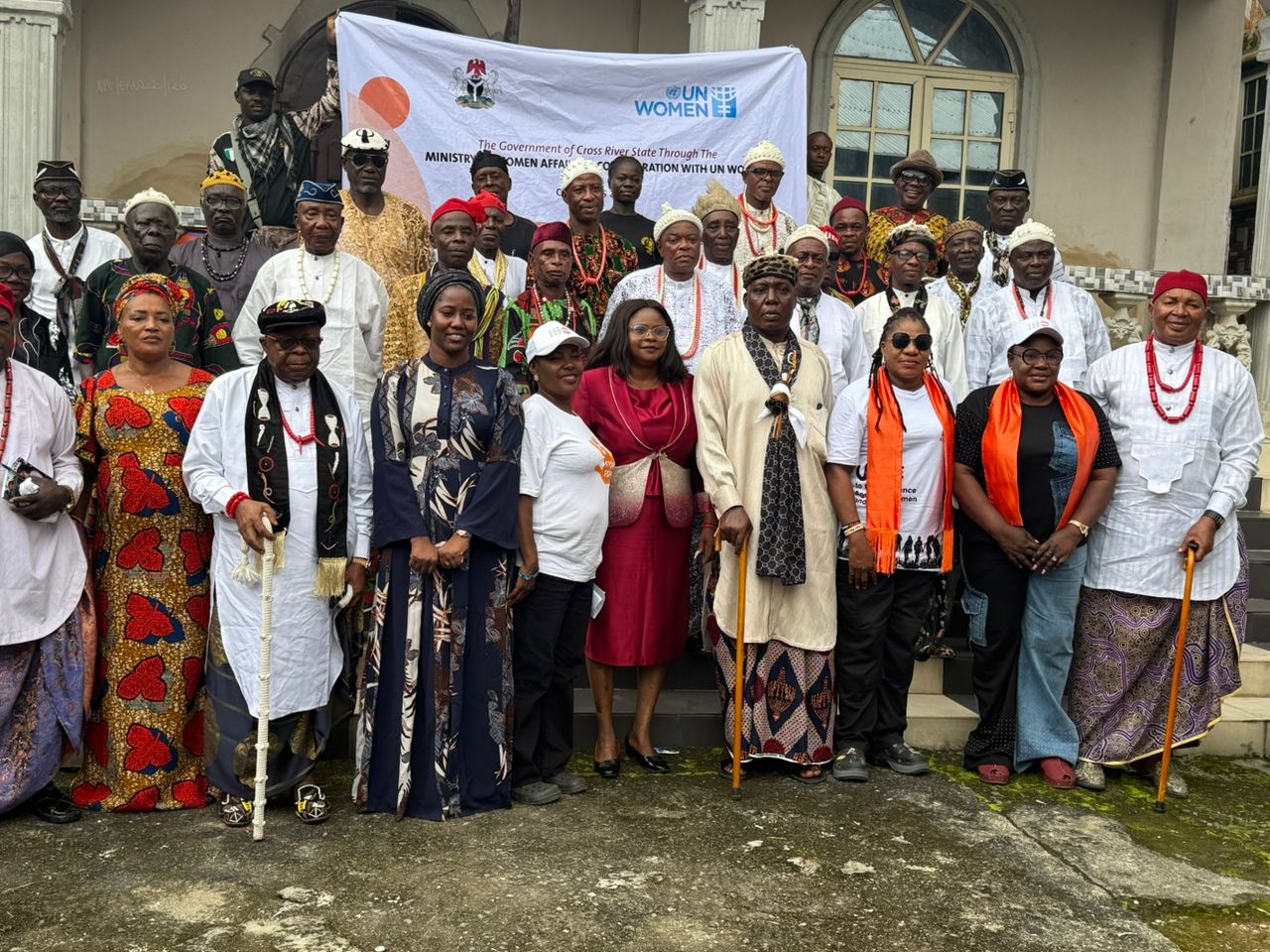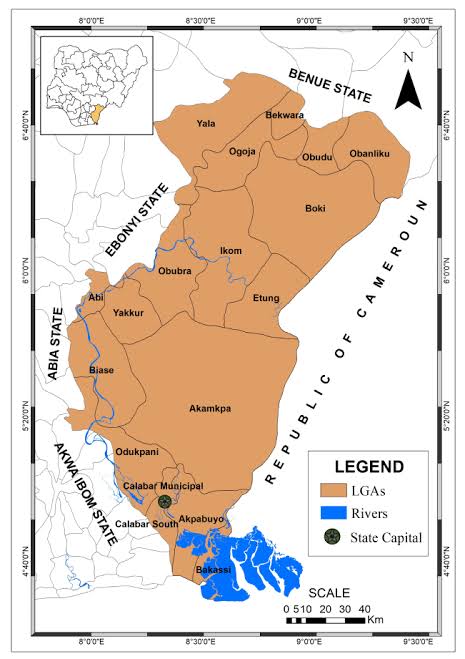Photograph Source: U.S. Department of State – Public Domain
America’s Vice-President, JD Vance’s comments this week on democracy ring nicely to the ear of some, but are off key on the musical score of facts. February 14th’s Munich Security Pact saw Vance inveigh against European states for not adhering to democracy. And recent actions in Europe on democracy do raise eyebrows. Vance, for example, referenced Romania canceling its December 8, 2024 final round of presidential elections. Upstart “populist” candidate Calin Georgescu won the plurality of votes on November 24, 2024’s first round. Romania’s government, with support from the United States Embassy, expressed concerns that a TikTok campaign by Russia was a headwind pushing Georgescu to victory. And polling positioned him to win the final round.
The above events were during the concluding period of the Biden Administration. Romania has 3 big NATO (US) bases with the largest US base in the EU under construction. Romania has also supplied Ukraine with weapons and other forms of support. Moreover, Romania’s port at Constanza has stepped up to become one of the biggest points of entry for military supplies into Ukraine and for the export of its grain.
Georgescu, while having a long public career in environmental policy, holds policy views at variance with Romania’s, if the EU’s and the pre-Trump political mainstream. Georgescu speaks in the parlance of “anti-globalists.” He celebrates Romania’s interwar dictators and their rule as a period of national glory while praising Vladimir Putin and Donald Trump. Furthermore, he supports ending the war in Ukraine, but on terms favoring the Kremlin rather than NATO. In short, the prospect of Georgecu’s electoral win panicked both Romania and the US administration in late 2024.
However, under Trump’s Administration, Georgescu’s views are embraced, not to mention that of the AfD in Germany, Orban in Hungary, Law and Justice (of which the last has gotten too much of a pass given Poland’s support for Ukraine in the current war). Vance singled out Romania for its election interference in his Munich remarks. He argued, not without merit, that a $200,000 social media buy that has never been conclusively linked to Russia, but regardless even if it did, is thin sauce for calling off an election, thus hinting at the weakness of our democracies. To be clear, however, normatively, these are Romania’s election decisions to make.
On all these points, Vance is correct. But the evidence points to his intellectual dishonesty with his protestations and advocacy for democracy. The day after Vance’s Munich speech, his “boss” (a word one can be confident Trump endorses), saw the latter post to social media Napoleon’s purported axiom that, “He who Saves his country does not violate any Law.” This trolling of the public with Trump placing himself above the law demonstrates disregard for constitutionalist government let alone democracy. Of course Trump’s disregard for democracy was fully evident in his 2020 election loss when he rang up Georgia’s Georgia Secretary of State, Republican, Brad Raffensperger stating, “Fellas, I need 11,000 votes. Give me a break.” Moreover, the ransacking of the US Capitol on January 6, 2020 by Trump supporters in the weeks following Trump’s above election night phone call and subsequent referencing of the ransackers arrested as “hostages,” goes further yet in revealing the cynical deployment of “defense of democracy” by Vance.
Looking further yet on democracy, Hungary’s Viktor Orban gave the opening speech at the Republican’s 2022 CPAC meeting in Texas (headlined by Trump). Orban asserted, “We cannot fight successfully by liberal means… The only thing we Hungarians can show you is how to fight back by our own rules.” These remarks combined with Hungary’s gerrymandering of legislative districts and control over judiciaries (tactics also deployed in the United States most notably in Wisconsin and North Carolina) fully point to disregard for democracy.
In short, there is reason to see defense of democracy by both liberals and conservatives alike as chiefly instrumental. Each embraces democracy insofar as it advances their agendas, but no further. This does not mean liberals and the populist right are equals, and in fact, I argue the greater disregard for democracy comes from the populist right, but it does point to how both will disregard democracy in pursuit of their objectives if seen as necessary.
But on the score of liberals professing (if not believing) in democracy, while instrumentally rejecting it when it confronts their other core values and/or interests, the question remains, why is the public increasingly either rejecting democracy and/or embracing the populist right?
Polanyians (Karl), such as Germany’s Wolfgang Streeck (and to some extent the present author with perches in Transylvania where Polanyi wrote his doctoral dissertation, and Wisconsin) answers lie in tensions between markets and society. In the 19th century nationalism created spaces for local middle classes to emerge and access to professions and social mobility previously monopolized by foreign imperial entities. Nationalism represented a liberatory character for society where state and nation displaced rule by empire and their foreign proxy elites. Of course, in the inter-war years, nationalism also revealed what could be its evil character when the state detached from democracy and national groups themselves became oppressors of their own national minorities.
Fast forward to the last half century and we see the “long stagnation” and the market again subsuming society to the economic imperatives of elites. Social democracies put guard rails in place providing protections for society in place from the 1930s-1970s. But by the 1990s those began to erode and after the 2008 financial shock, to break down. Meanwhile, in the post-Soviet bloc vestiges of social protections on health and education remained from the communist period, but working classes otherwise were subjected to nothing short of beatings by market forces that impoverished them at home leaving many to depart their national communities in favor of work abroad with minimal protections.
For many in Central and Eastern Europe (CEE) communism placed their national aspirations on pause. The post-Soviet period thus represents to these states the chance to pick up the project of pre-WW II national communities. This has the possibility of taking on forms either resembling more benign characteristics of 19th century nationalism or if subjected to impediments to realizing that project, its more dangerous interwar form.
Neoliberalism (an extreme state imposed form of the market) has eroded support for democracy. Political liberals have spoken and acted at points under neoliberalism to protect vulnerable populations (all to the good) while failing, however, to maintain conditions for working and middle class majorities to thrive. To local populations, NGOs, Brussels bureaucrats and academics advancing the projects for “vulnerable populations” can, however well intentioned, take on the appearance of missionary efforts that fail to meet the broader needs of society. Populist responses emerge from this soil and with it the figures many warned of in Central and East Europe (CEE) following the 2008 financial crisis, but now linking up with analogs to them in the West. Moreover, while long-standing hatred of Russians exists among many in the CEE from their experience with Soviet aggression, others want peace and wish to see accommodations made with Russia that stop war.
In the short term, figures like JD Vance must be shown for what they are: persons with demonstrably no loyalty to democracy and only opportunistically referencing it for whatever tactical political rhetorical gain can be had. Medium and long-term, however, democracy’s adherents must pivot to policies defending society at the local level and at larger geo-strategic dimensions develop strategies for walking back war and finding more Westphalian solutions to international order. In short, some variation of Polanyi’s formula of privileging society, which also means, especially in CEE, protecting nations, represents the only chance at democry’s survival.









